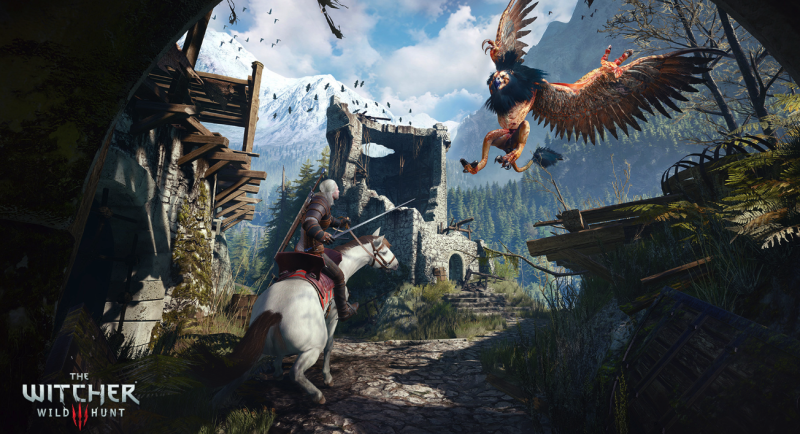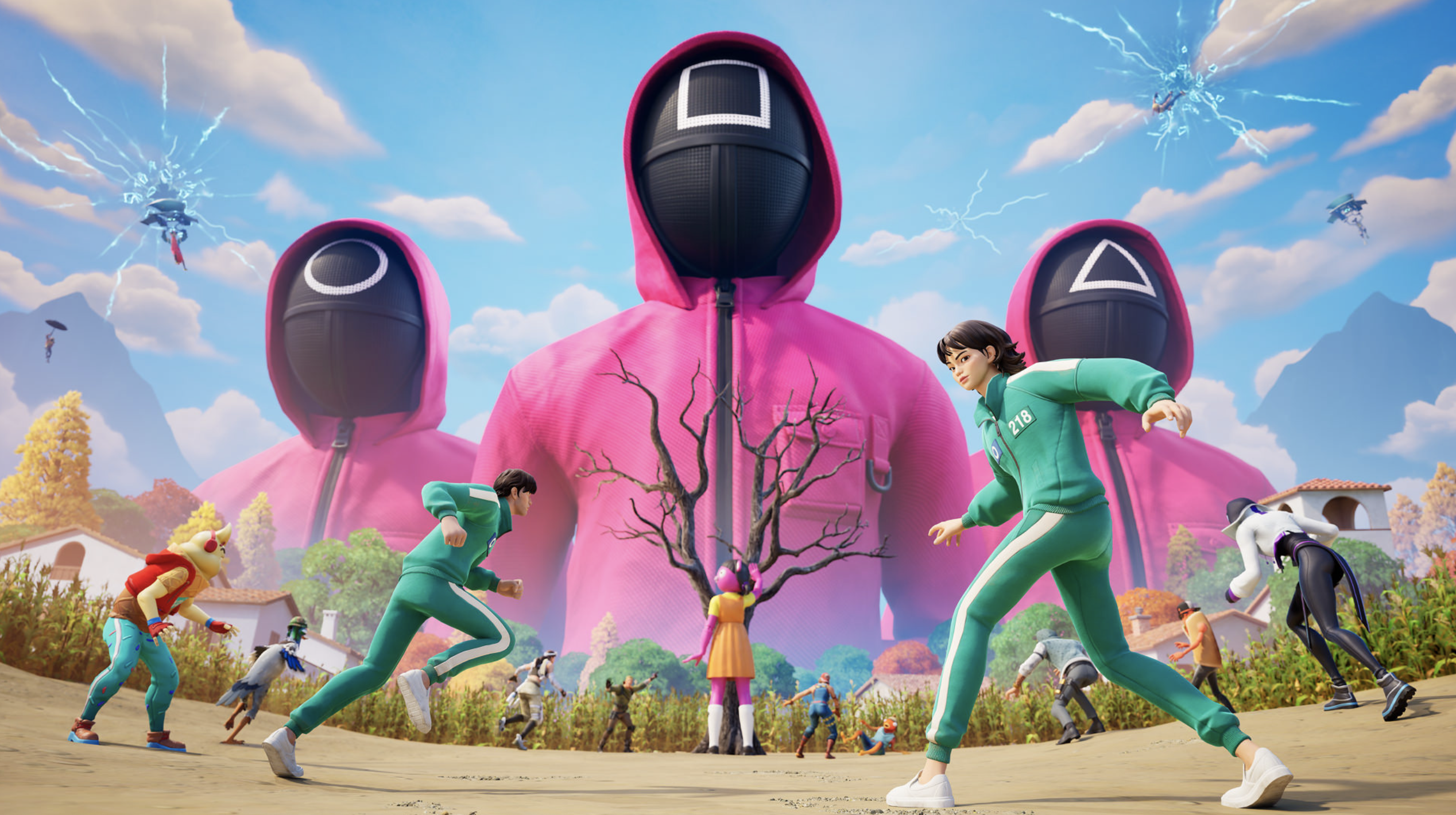Single-player games continue to hold strong appeal among players, even as live service titles dominate publisher strategies, according to a recent global survey. Ampere Analysis surveyed 34,428 players in 22 markets. Most respondents in the United States, the United Kingdom, and Japan said they still lean toward solo experiences rather than multiplayer ones.
The United States showed the strongest support, with 65 percent of players saying they prefer single-player titles. Japan followed at 63 percent, and the United Kingdom reached 58 percent. Thailand and Germany also leaned toward solo play, at 62 percent and 60 percent. Only a few markets showed more interest in multiplayer. China came in at 47 percent, and Sweden reached 49 percent. The Netherlands was split evenly.
Age continues to influence these preferences. Ampere found that only 49 percent of players aged 16 to 24 prefer single-player games. That number rises to 56 percent among players aged 25 to 34 and climbs to 64 percent among those aged 55 to 64. Ampere points to a clear gap between Gen Z and Millennials in how they choose to play. Twenty-four percent of respondents, however, said they would buy or download a game if their friends were already playing it.

MIDiA Research reached similar conclusions in its own recent study. MIDiA reported that 53 percent of players overall still prefer single-player titles and said that these preferences grow stronger with age. Both research groups point to younger players gravitating toward multiplayer communities built around games like Fortnite, Roblox, and Call of Duty Warzone, while older players tend to spend more time with story-driven titles such as Baldur’s Gate 3, God of War, The Witcher 3, and Star Wars Jedi Fallen Order.
Despite the strong audience for narrative-focused games, publishers continue to invest heavily in live service releases because they generate ongoing revenue through in-game purchases. MIDiA states that these projects can dominate player attention, yet they also carry a high risk. Several studios have learned this the hard way. Major live service attempts like Hyenas from Creative Assembly and the planned multiplayer version of The Last of Us were cancelled after long development cycles.

Ampere senior research manager Louise Wooldridge said the new findings reinforce that single-player games remain healthy within an industry driven by multiplayer engagement. She explained that while publishers often favor games built for constant updates, well-crafted single-player releases still have a wide reach and strong appeal. The continued success of titles like Horizon Zero Dawn, Cyberpunk 2077, and Baldur’s Gate 3 supports this.
Sony has built much of the PlayStation brand around single-player experiences, with major releases such as The Last of Us, Ghost of Tsushima, God of War, and Horizon Zero Dawn. The company continues to invest heavily in narrative-driven projects, which remain some of its most successful and recognizable games. Both Ampere and MIDiA conclude that single-player games are still a core part of the market, even as multiplayer continues to dominate the attention of the gaming community.












0 Comments